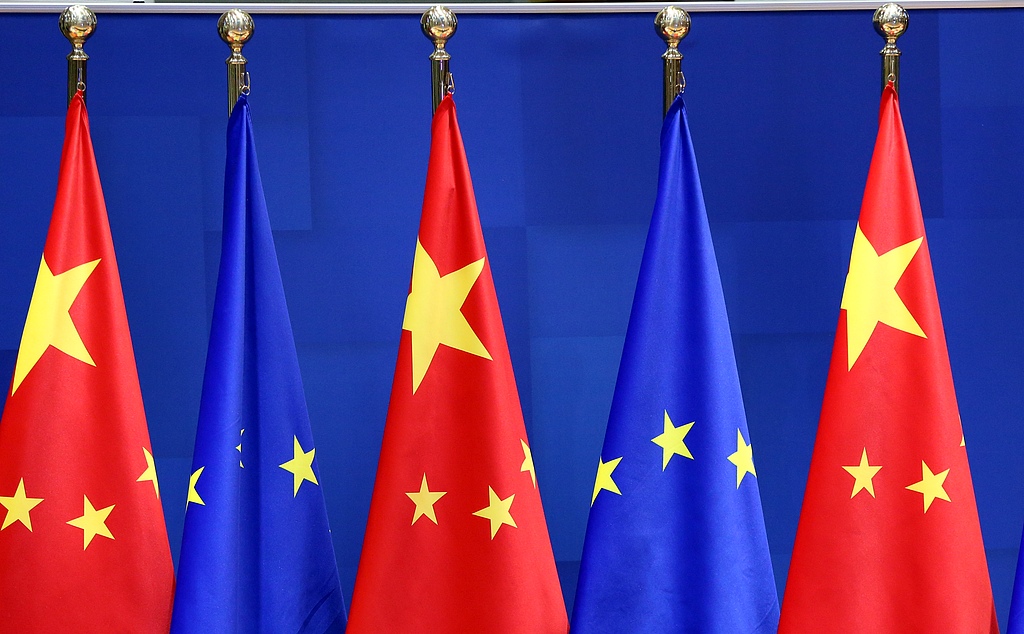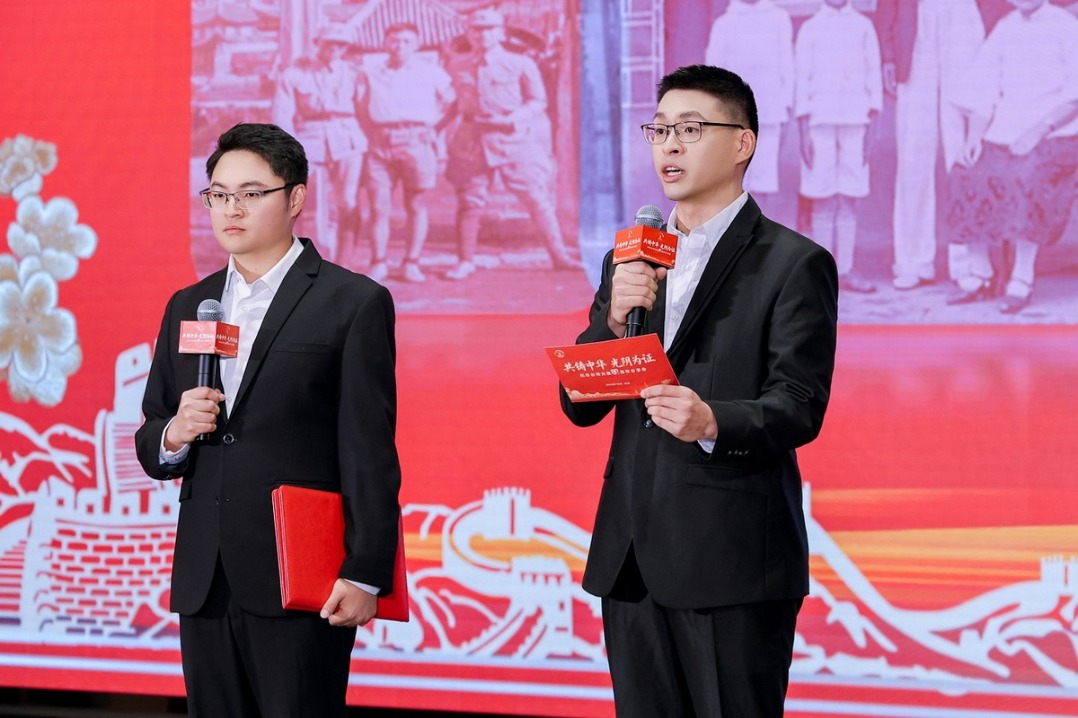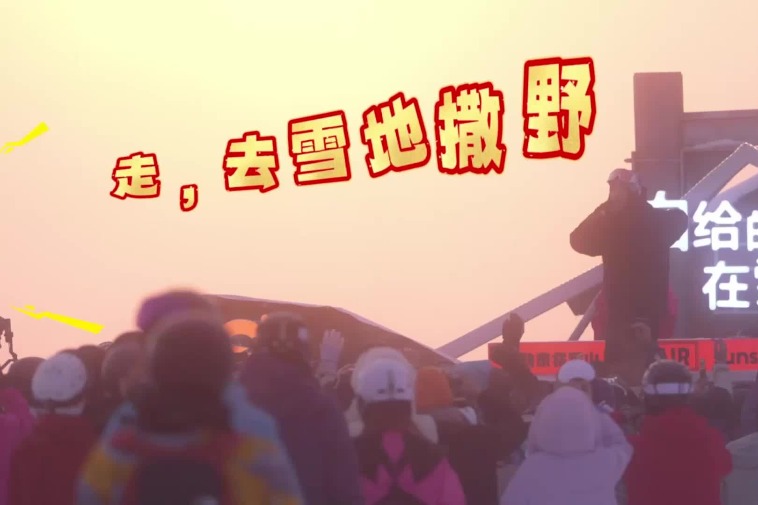Pragmatic discussions can illuminate the way to a brighter future for China-EU ties: China Daily editorial


With multifaceted engagement being a defining characteristic of Sino-EU relations, it should be with a due sense of pragmatism that the two sides handle their differences. It is on that basis that China and the European Union have maintained intensive and constructive contact and exchanges amid the growing global turbulence in recent years.
In the latest manifestation of that, Chinese President Xi Jinping will meet with President of the European Council Antonio Costa and President of the European Commission Ursula von der Leyen during their visit to China on Thursday, a spokesperson for the Foreign Ministry said on Monday. The two EU leaders will also jointly chair the 25th China-EU Summit with Premier Li Qiang.
Such high-level interactions represent the two sides' shared commitment to engage with one another to deepen mutual understanding, coordinate their policies, responsibly settle their differences and expand common ground through substantive dialogue. Although trade disputes and the Ukraine crisis are high on the EU's agenda, they should bear in mind that the differences the bloc has with China on the two issues are not insurmountable. They should not be allowed to define the overall China-EU relationship.
China has made consistent efforts to promote healthy and stable economic and trade relations with the EU and lasting peace in Europe. The EU calls for "balanced" trade and peace. So the true differences between Beijing and Brussels are their different understandings of what constitutes "balanced" trade and the means to achieve peace.
Although the EU recognizes China as a major economic partner with $2.08 billion in goods trade per day, it cites its trade deficit, about $245.13 billion last year, as evidence that bilateral trade is "critically and structurally imbalanced". With the United States waging a tariff war against the EU to address its $300 billion trade deficit, the EU has been going to great lengths to make Washington realize the existence of the trade deficit does not necessarily mean the trade relations are "unfair" or "imbalanced".
That clearly indicates the EU knows well that its trade deficit with China is an objective reflection of the two economies' comparative advantages in the international division of labor and world market.
Rather than attributing the trade "imbalance" solely to China or politicizing trade, the EU would benefit from reflecting on its following the US in restricting high-tech exports to China under the excuse of "de-risking".
The EU knows what to do to unleash the potential of Sino-EU economic and trade cooperation. The question is whether it is willing to do so.
China stands ready to explore more mutually beneficial cooperation with the EU by further expanding two-way trade and investment, continuing to upgrade trade and investment liberalization and facilitation, deepening the green partnership and developing a digital partnership.
It opposes the violation of the basic norms of the market economy and opposes politicizing economic and trade issues or overstretching the concept of security. The EU should uphold its strategic autonomy in dealing with its ties with China.
As for the Ukraine crisis, China encourages the EU and other involved parties to prioritize dialogue over division. The history of Europe has proved that no matter how complex and difficult the situation is, the door to peace and reconciliation should not be closed.
A chaotic Europe in no way serves the interests of China. It welcomes all parties playing a constructive role in promoting the conclusion of a comprehensive, lasting and binding peace agreement. Establishing a balanced, effective and sustainable European security architecture, and achieving enduring peace and stability in Europe at an early date are in the common interests of all.
China-EU relations have become one of the most influential bilateral ties over the past 50 years. As comprehensive strategic partners, two major forces promoting multi-polarization, two major markets supporting globalization and two major civilizations advocating diversity, China and the EU should deepen their strategic communication to enhance mutual understanding and trust so they can strive for a brighter future of bilateral ties.
































